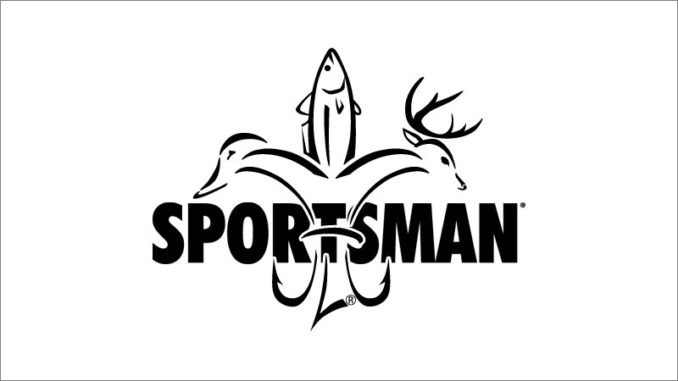
If the N.C. Wildlife Resources Commission adopts proposed changes in fishing, hunting and trapping laws that were revealed at September’s public hearings, the state’s deer population could see a major decrease starting next year.
Proposals would make it easier for landowners to shoot, at all hours, whitetails that are damaging crops. Once called “fire lighting” — hunting at night with artificial lights — and illegal, night-hunting by farmers or their representatives to whack crop-eating whitetails would be permitted.
Whether that will have good biological effects on whitetails or other species isn’t known, but the legislature has been asking the Commission to do something about having too many deer.
In any case, landowners can shoot deer that are damaging crops this season, with or without a permit, but those without a permit just can’t keep venison; that will change if the proposal is approved. But the problem remains with what to do with the venison, allow it to decompose in fields or put it to good use?
The N.C. Wildlife Federation has an idea. The private conservation group applied for and received a two-year grant totaling $150,000 from the N.C. Tobacco Trust Fund. NCWF plans to hire a program manager, who hopes to create a cooperation model for farmers to: reduce depredation, increase crop yields, manage deer herds, and encourage farmers to lease land to hunters who may donate venison to Hunters for the Hungry.
HFH in North Carolina processes venison into “deer burger” and donates the meat to soup kitchens, homeless shelters, etc., to feed needy citizens. But the cost is high: $35 to $70 per deer. Processing costs less if deer are skinned and gutted.
“With the grant money, we’re going to lease 25,000 acres at former tobacco farms in eastern North Carolina,” said Dick Hamilton, director of of the NCWF’s Camo Coalition and president of North Carolina’s chapter of HFH. “Hunters will be able to visit the (N.C.) Department of Agriculture website to see a list of farmers in the program. They can call a farmer and ask permission to hunt his land the first 15 days of the gun season in 2013 and 2014. The hunters can keep their venison or donate it to HFH.”
HFH, which receives a $25,000 annual contribution from the Commission and funds from the National Rifle Association and rural electrical co-ops, will pay for the processing.
“With the salary of the program manager and lease fees to farmers, the money’s gone pretty quick,” Hamilton said. “Donations always help.”
Hamilton said his group is attempting to get insurance companies to participate, because deer-car collisions are costing them millions annually in repair bills.
Deer hunters who want to donate their venison now can visit the HFH web page and click on “Processors” to find one near them.



Be the first to comment